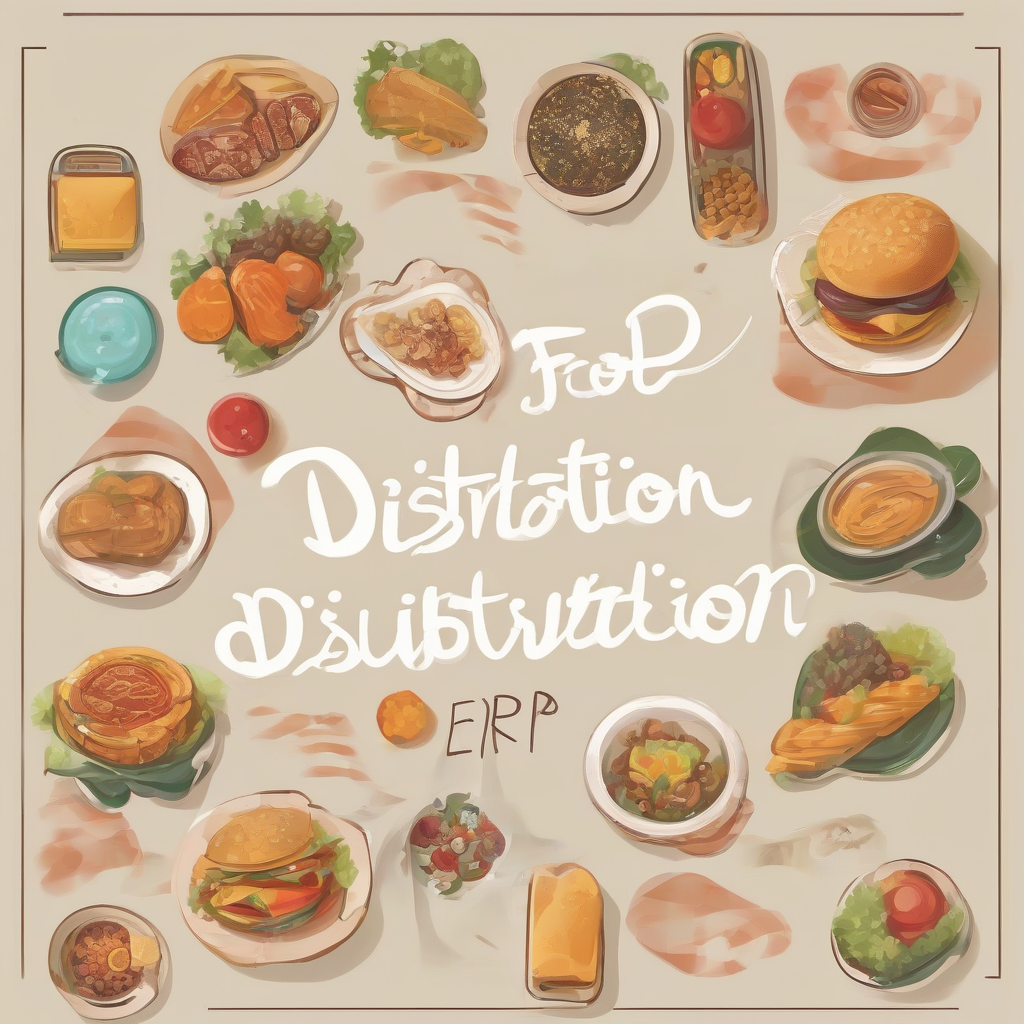Oracle ERP Careers: A Comprehensive Guide to Opportunities and Growth

Oracle ERP Careers: A Comprehensive Guide to Opportunities and Growth
In the ever-evolving landscape of enterprise resource planning (ERP), Oracle stands as a dominant force, powering the operations of countless businesses worldwide. As a result, a vibrant ecosystem of Oracle ERP careers has emerged, offering a multitude of opportunities for skilled professionals seeking fulfilling and rewarding roles. From implementation consultants to developers and beyond, the realm of Oracle ERP careers presents a tapestry of options, each with its unique challenges, rewards, and growth potential.
Why Choose a Career in Oracle ERP?
- High Demand: Oracle ERP systems are ubiquitous in various industries, making the skills and knowledge required to manage and optimize them highly sought after. This translates into strong job security and ample career opportunities.
- Global Reach: Oracle ERP solutions are implemented across the globe, opening doors to diverse and international career prospects.
- Constant Evolution: The field of Oracle ERP is constantly evolving, with new releases, updates, and innovations emerging regularly. This dynamism ensures that professionals in this domain are constantly learning and adapting, keeping their skills sharp and relevant.
- Impactful Work: Oracle ERP professionals play a crucial role in driving business efficiency, improving operational processes, and contributing to the overall success of organizations. This sense of impact can be deeply fulfilling for individuals who are passionate about making a difference.
- Competitive Compensation: The high demand for Oracle ERP professionals often translates into attractive salaries and benefits packages.
Key Roles in Oracle ERP Careers
The Oracle ERP ecosystem encompasses a wide range of roles, each with its specific set of responsibilities and expertise. Here are some prominent roles within Oracle ERP careers:
1. Oracle ERP Implementation Consultants
- Responsibilities: Implement Oracle ERP solutions, tailor them to client needs, train users, and ensure successful go-live.
- Skills: Deep understanding of Oracle ERP modules, project management skills, excellent communication and interpersonal skills, ability to work independently and as part of a team.
- Career Paths: Senior consultant, project manager, solution architect, functional lead.
2. Oracle ERP Developers
- Responsibilities: Develop custom applications and integrations, create reports and dashboards, optimize system performance, and troubleshoot technical issues.
- Skills: Proficiency in Oracle database and programming languages like PL/SQL, Java, and .NET, knowledge of Oracle ERP architecture, strong analytical and problem-solving skills.
- Career Paths: Senior developer, technical architect, team lead, software engineering manager.
3. Oracle ERP Functional Analysts
- Responsibilities: Analyze business requirements, map them to Oracle ERP functionality, design solutions, and ensure that the system meets user needs.
- Skills: Strong understanding of business processes, knowledge of Oracle ERP modules, excellent communication and collaboration skills, analytical abilities.
- Career Paths: Senior functional analyst, business process analyst, project manager, system architect.
4. Oracle ERP Support Engineers
- Responsibilities: Provide technical support to users, troubleshoot system issues, resolve problems, and ensure smooth system operation.
- Skills: Strong technical background, knowledge of Oracle ERP architecture, excellent problem-solving and troubleshooting skills, ability to communicate technical concepts effectively.
- Career Paths: Senior support engineer, technical lead, system administrator, support manager.
5. Oracle ERP Trainers
- Responsibilities: Develop and deliver training programs for Oracle ERP users, ensuring that they understand and effectively utilize the system.
- Skills: In-depth knowledge of Oracle ERP modules, excellent communication and presentation skills, patience and ability to explain complex concepts in a clear and concise manner.
- Career Paths: Senior trainer, curriculum developer, training manager, instructional designer.
Skills Needed for Oracle ERP Careers
While specific skill requirements vary depending on the role, some core skills are essential for success in Oracle ERP careers:
- Technical Skills:
- Oracle Database: Understanding Oracle database concepts, SQL, PL/SQL
- Programming Languages: Java, .NET, Python
- Oracle ERP Modules: Specific module expertise, depending on the role (e.g., Financials, Supply Chain, Human Capital Management)
- Data Analysis and Reporting: Proficiency in tools like Oracle BI Publisher, SQL Developer, and data visualization techniques
- Business Skills:
- Business Process Analysis: Understanding how organizations operate and identifying opportunities for improvement
- Project Management: Planning, execution, and delivery of ERP implementations
- Communication and Collaboration: Effective communication with stakeholders, clients, and team members
- Problem-Solving and Analytical Thinking: Identifying and resolving technical and business issues
- Soft Skills:
- Adaptability and Learning: Ability to adapt to new technologies and evolving business requirements
- Teamwork and Collaboration: Working effectively in cross-functional teams
- Communication and Presentation: Explaining technical concepts clearly and concisely
- Client Relationship Management: Building strong relationships with clients and stakeholders
Developing Your Oracle ERP Career
There are various pathways to embark on a successful Oracle ERP career:
- Formal Education: A bachelor's degree in computer science, information technology, business administration, or related fields is a common entry point. Specializations in Oracle ERP or enterprise applications can further enhance your credentials.
- Certifications: Oracle offers a wide range of certifications that validate your skills and knowledge in specific Oracle ERP modules and technologies. These certifications are highly valued by employers and can boost your career prospects.
- Hands-On Experience: Gaining practical experience through internships, entry-level positions, or personal projects is crucial. Building a portfolio of projects showcasing your skills can make you a more attractive candidate.
- Professional Development: Continuously learning and staying updated with the latest trends and technologies in the Oracle ERP landscape is essential. Attend industry conferences, workshops, and webinars to expand your knowledge and network with peers.
- Networking: Building relationships with professionals in the Oracle ERP community can open doors to opportunities, job leads, and mentorship. Engage in online forums, attend industry events, and connect with people on LinkedIn.
Career Growth and Advancement
With dedication, hard work, and continuous learning, you can climb the career ladder in Oracle ERP:
- Specialization: Focus on a specific Oracle ERP module or industry to become a subject matter expert.
- Leadership Roles: As you gain experience and expertise, you can transition into leadership roles such as project manager, team lead, or functional lead.
- Solution Architect: Develop a deep understanding of Oracle ERP architecture, design, and implementation to become a solution architect.
- Management Positions: With proven leadership skills, you can move into management roles like Oracle ERP manager, director, or chief information officer (CIO).
- Entrepreneurship: Leverage your Oracle ERP expertise to start your own consulting firm or technology business.
The Future of Oracle ERP Careers
The future of Oracle ERP careers looks bright, driven by several factors:
- Cloud Computing: Oracle's continued focus on cloud-based ERP solutions, such as Oracle Cloud ERP, is creating new opportunities for professionals skilled in cloud computing and cloud-based technologies.
- Artificial Intelligence (AI): AI and machine learning are transforming the ERP landscape, opening up opportunities for professionals with expertise in these fields.
- Data Analytics: As businesses increasingly rely on data for decision-making, Oracle ERP professionals with strong data analytics skills will be in high demand.
- Global Expansion: Oracle's presence in global markets means there are numerous opportunities for professionals seeking international career experiences.
In conclusion, Oracle ERP careers offer a rich tapestry of opportunities, from implementation consultants to developers and beyond. With the right skills, dedication, and continuous learning, you can embark on a fulfilling and rewarding career path in this dynamic field.
What's Your Reaction?

















